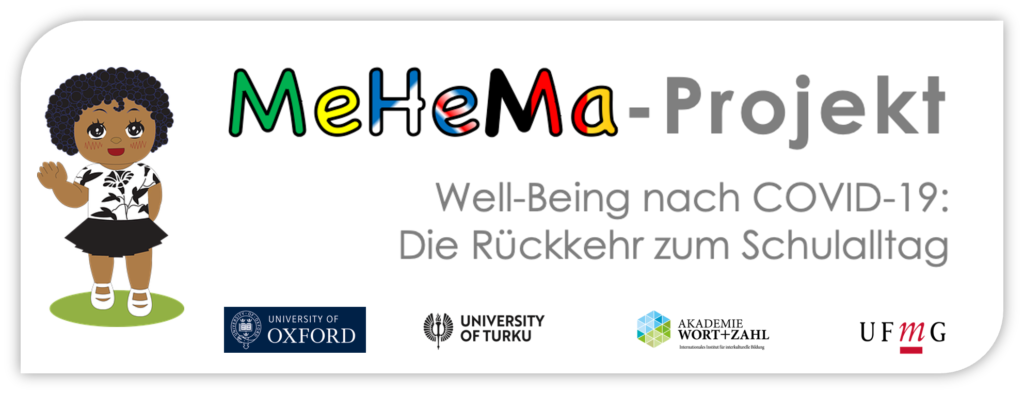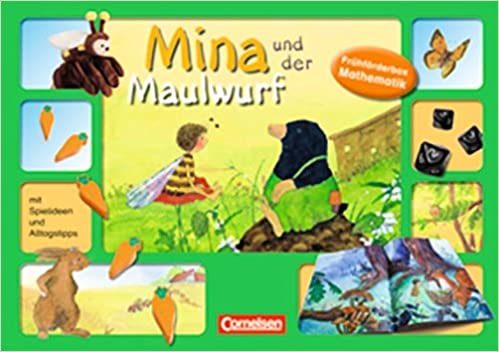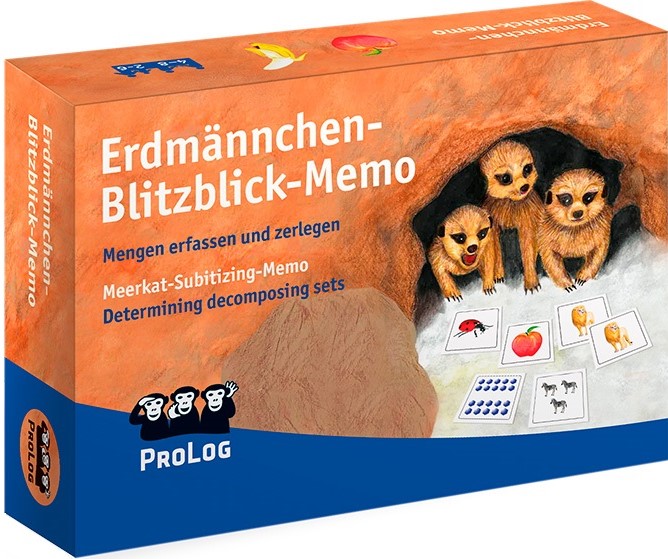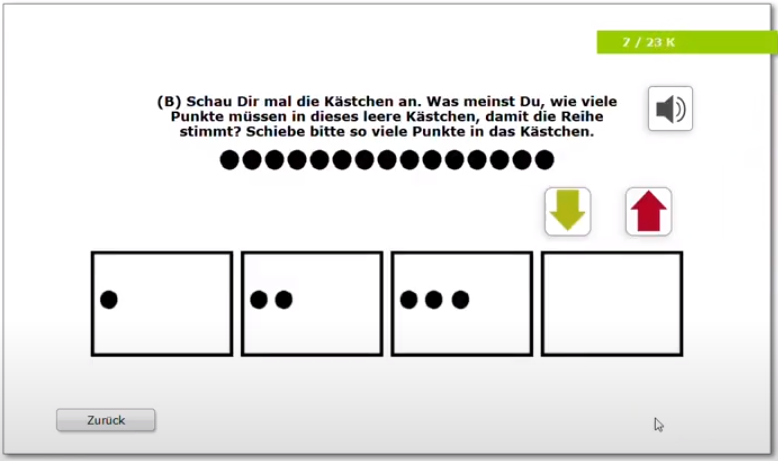
MeHeMa Project
Two in three children feel stressed out due to the covid-19 pandemic. More than one in three children report that their quality of life is impaired – before the pandemic this was only true for less than one in six children.
Especially younger school children and children from a low socio-economic background were/are running the danger of developing a psychological disorder due to the stress.
Through the UNESCO-award-winning platform VILLE, we are able to offer a free test to assess and monitor students‘ mental well-being and their mathematical skills.
The training box „Mina and the Mole“ has been evaluated and will be re-published.

Despite the pandemic, the new training could be evaluated. After having completed the whole training, the children of the intervention group could increase their performance while the children of the comparison group did not. The children from the intervention group were able to achieve their individual next-highest competence level.
The new „Meerkat Memo“ has been evaluated.

Two studies have been conducted successfully to prove the memory game’s effectiveness. The game was applied as an adaptive training in eight small groups in a kindergarten and eight groups at a primary school. Both studies were based on a comparison design. After 16 sessions, the children in the training group showed significant improvements in their performance. Their performance improved at least one competence level.
Translating the MARKO-Screening
The MARKO-Screening has been translated into Turkish and Arabian to guarantee cultural equity when assessing students‘ mathematical concepts at the beginning of primary school. Romanian and Bulgarian are to follow soon.
Validating MARKO-S in Turkish, Arabic and Romanian
MARKO-D is a child-friendly test that helps analyze a child’s individual prerequisites for his/her future development, especially regarding arithmetic competencies.
Developmental delays as well as developmental progress can be described quantitatively and qualitatively. The latter is based on a theory-based grouping of items. This leads to the advantage of being able to identify developmental and supportive effects as changes of knowledge when conducting the test multiple times over a certain period of time.
The MARKO-Screening has been normed representatively in German with a sample group of 1050 children. The Turkish translation has been validated already. The Arabic and Romanian translations are expected to be validated shortly, as well.
Gürsoy, E., Herzog, M. & Fritz, A. (2020). Arithmetische Konzepte am Schulanfang im Deutschen – und im Türkischen? Eine empirische Studie zu gesamtsprachlichen Mathematikleistungen von deutsch- und türkischsprachigen Grundschulkindern. In Ahrenholz, B., Geist, B. & Lütke, B. (Eds.). Deutsch Sprachliches und fachliches Lernen. Professionalisierung und didaktische Konzepte (101 – 121). Stuttgart: Klett.

The screening can be conducted digitally. The data for each child is stored in a personalized file and evaluated automatically.
